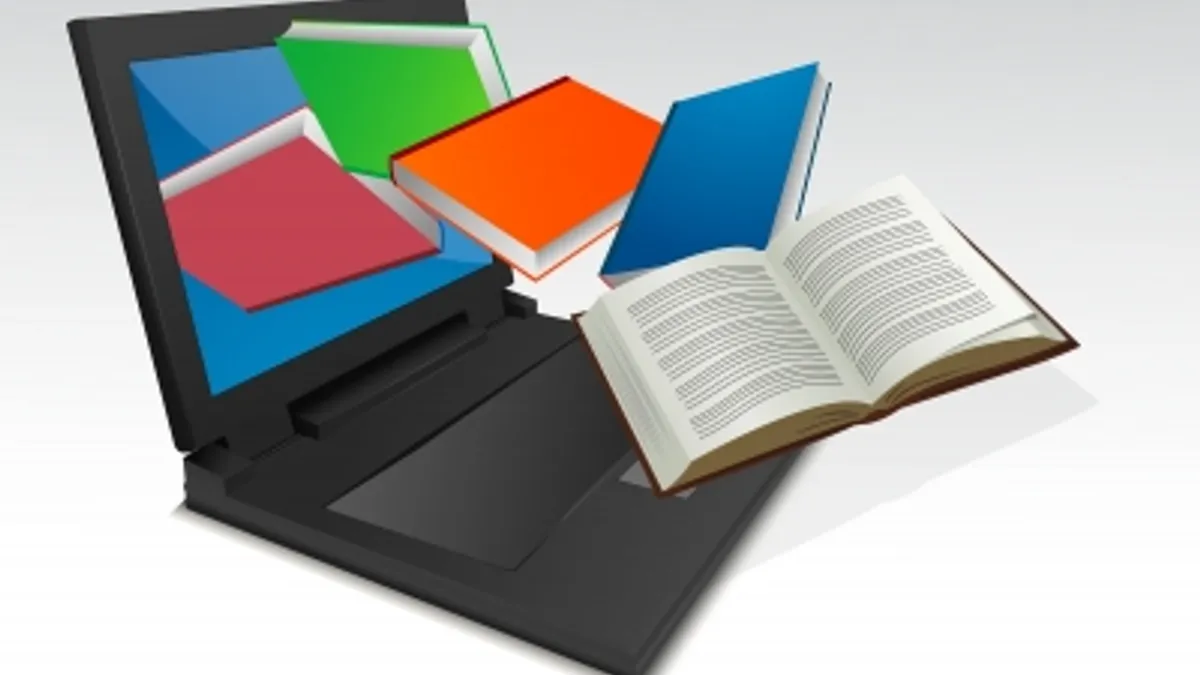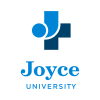Dive Brief:
- Barnes & Noble Education and McGraw-Hill Education has announced the expansion of a partnership to provide institutions and students with more affordable access to course materials. McGraw-Hill Education content will be available through inclusive access programs offered at the nearly 1,485 institutions served by Barnes & Noble Education.
- The companies will partner on two initiatives: The distribution of McGraw-Hill Education e-content through inclusive access models on campuses served by Barnes & Noble, and the distribution of McGraw-Hill Education's new rental titles through Barnes & Noble channels.
- McGraw-Hill Education e-content will be distributed through Barnes & Noble's First Day program, an inclusive access model that offers course materials at reduced prices. The model also makes course materials available sooner, when classes start.
Dive Insight:
According to National Association of College Stores, the average cost of a new textbook jumped to $81 dollars during the 2015-2016 academic year compared with $57 in 2008. Although there’s some question about how much students actually pay for textbooks (or how many the buy — print or digital), there's no doubt that e-books and open resources are bringing down costs.
Data from Student Monitor, a market research group for higher education, shows that the average cost per unit for an e-book was less than the average price for a new printed textbook. And with most students making use of at least one digital component during the academic year, the group predicts that student spending on textbooks will continue to decline.
Though there is growing popularity around OERs, it's important to note however that integration of the resource with both faculty and students is not just a simple process. For instance, a survey of 2,711 instructors across U.S. higher education institutions by the Babson Survey Research Group demonstrated only 30% of faculty members reported being very aware or aware of open educational resources, with many saying they thought the materials were too hard to find or because they weren't high quality.
With this reality, a partnership between Barnes & Noble Education and McGraw-Hill Education to increase access and provide valuable materials may help push the OER movement forward, or at least increase awareness among faculty of how to provide students with these materials.









